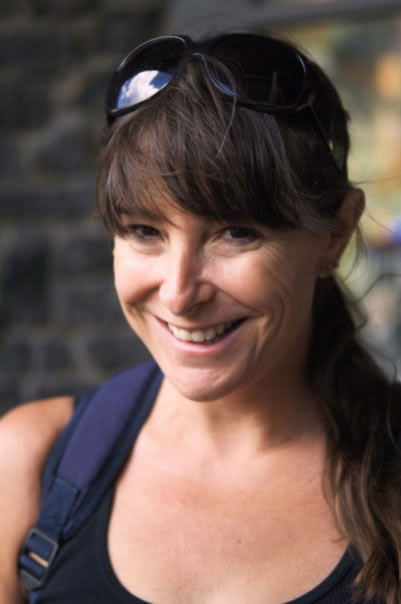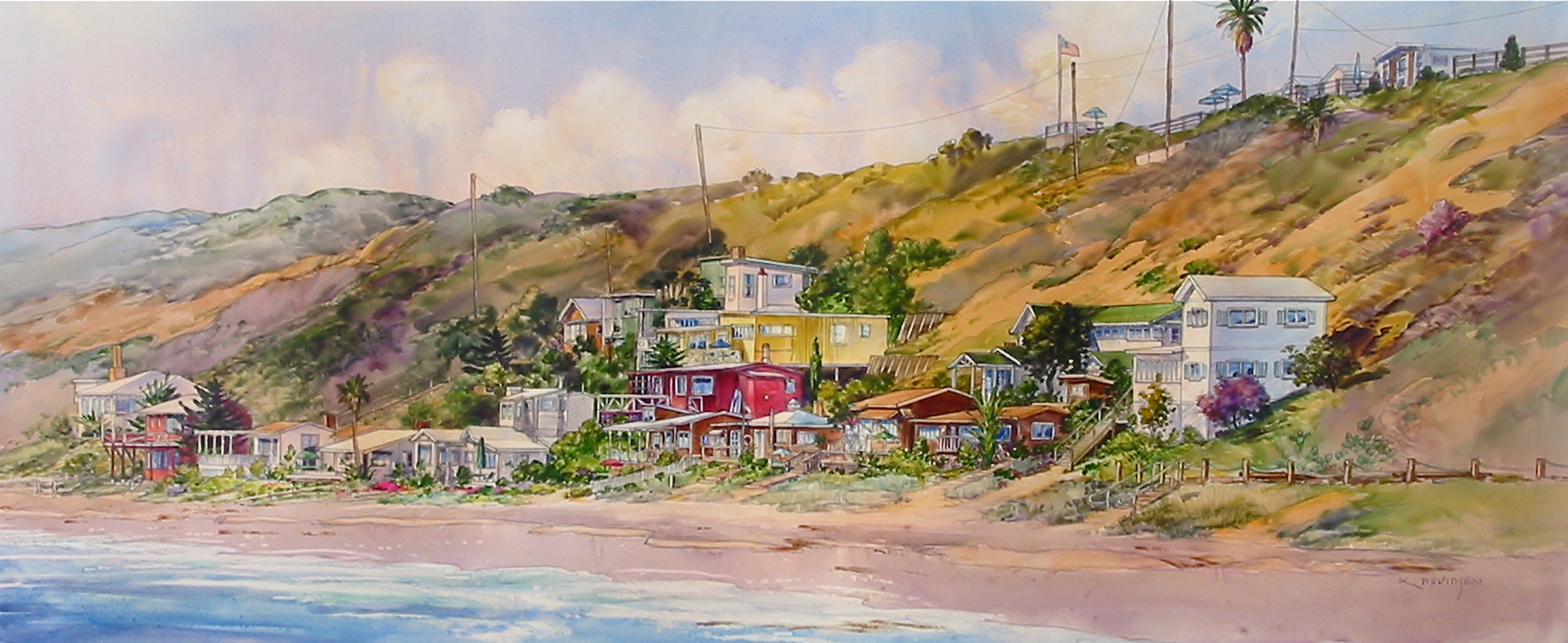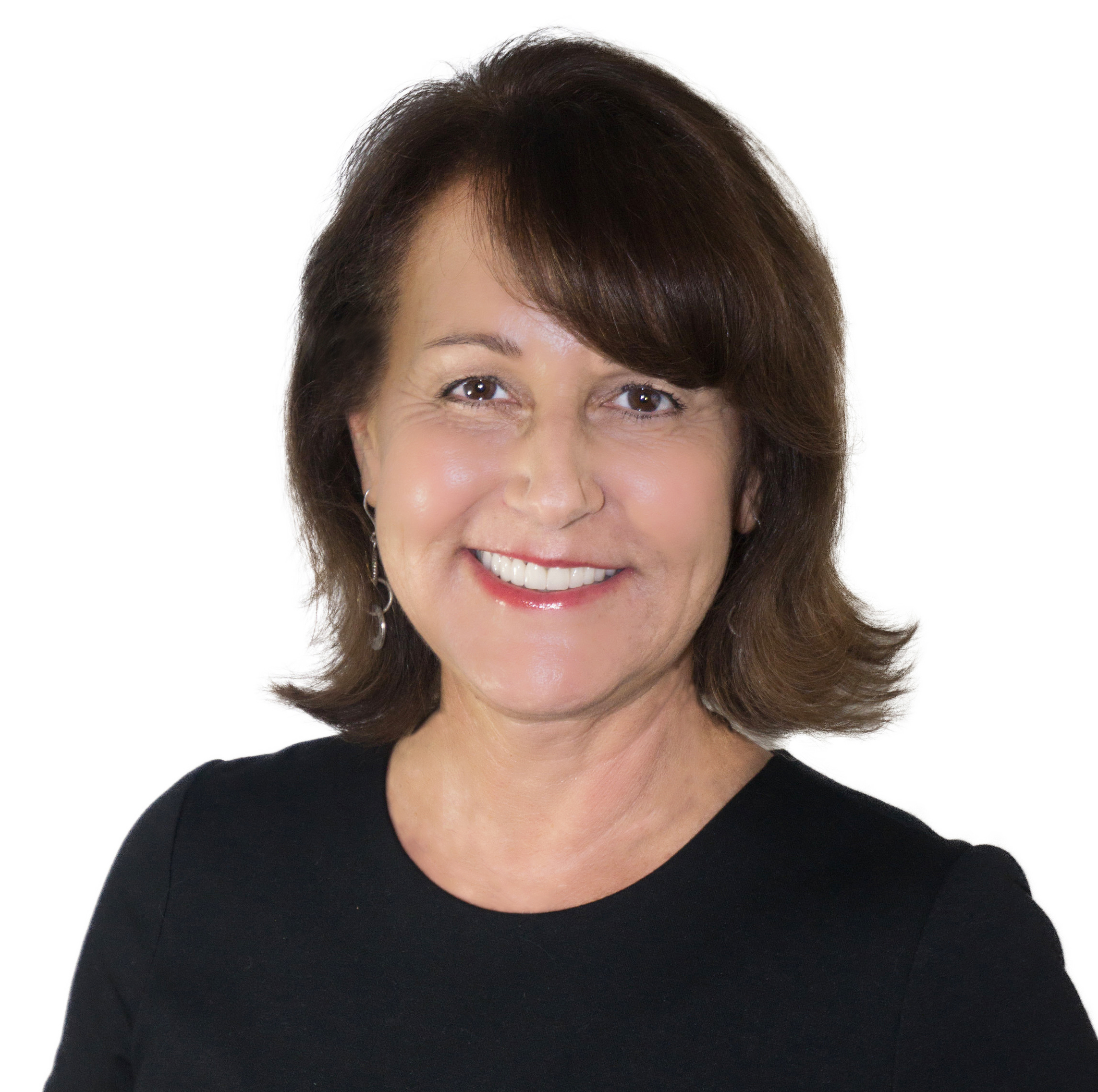 Art Buyer Inherits a Collector’s Gene
Art Buyer Inherits a Collector’s Gene
By Gina Dostler
As Aristotle once wrote, “The aim of art is to represent not the outward appearance of things, but their inward significance.” In the modern era, artists continue to depict their views in enchanting paintings, heroic sculptures and other mediums. Wendy Posner’s world revolves around integrating the work of emerging and established artists into the environments of corporations and private residences.
Q: Posner Fine Art had small beginnings yet now operates worldwide. What’s the story?
A: My mom founded the business 50 years ago. She was an army wife, traveling to many different army bases all over the world. When they finally moved back to Milwaukee, she established a top-notch fine art collection in her basement. As business grew, she bought a small house and converted it into a gallery. And when she visited some clients in SoHo, New York, she fell in love with the whole scene and brought an idea back with her.
Q: Which was?
A: To bring the SoHo to her town! She loved the fact that business and apartments sprung out of old factories. So she came home and ended up buying an old knitting factory, 14,000 square feet, and filled it with 18 full time employees. The gallery was on the first and second floors. The third and fourth floors she converted into condos. And the fifth floor she and my dad lived in.
Q: So how did you get involved?
A: Actually, by the time she had converted the factory I was already in college studying at Boston University. I started out in the fine arts division then transferred to the communications department in advertising and public relations. I always said I would never get into my mother’s business. I wanted to do things on my own.
Q: But that didn’t happen…
A: Well, I ended up moving to L.A. so I could work in the PR industry. A friend of my mom had a gallery on Melrose Avenue and I started to work part-time for them while I knocked on PR doors. Sure enough, I ended up staying in the art business, though it happened organically and not just because I was Judy’s daughter and handed a business. I worked hard at various other art dealers and consultants, gaining lots of valuable experiences before my mom came to L.A and opened a gallery in 1990. We went private in 1993.
Q: You work with specific clients?
A: I work directly with private collectors, some new and some well established. I also work with corporations, private institutions, architects and interior designers. On the flipside, I work with artists from all over the world as well as publishers with well-known museum quality pieces. I also represent the artists, presenting them to galleries that best represent their work. I receive about 100 projects a month, photography, paintings, sculptures of all different styles from traditional to contemporary. And maybe one out of 20 catches my eye.
Q: Do some clients have special requests?
A: We are also commissioned to do unique pieces for public spaces such as sculptures for lobbies, reception areas or hallways that are visible to the general public. One in particular we did was for Cantor Fitzgerald in New York. We manufactured and installed in their reception area a 30-foot bead wall made to resemble a Chinese zhou bead necklace. It’s very impressive.
Q: Who are some of the artists you represent?
A: Our fine art collections and commissions consists of 20th and 21st century paintings, works on paper, prints, and sculpture by international and regional artists such as Brad Howe, Matt Devine out of San Diego, Erik Skoldberg and Nicole Landau to name a few. Some international artists are David Hockney, Jim Dine, Roy Lichtenstein, and Susan Caporael (limited edition prints on paper). Our fine art commissions also consist of abstract and representational paintings, murals and site-specific installations by renowned and emerging contemporary artists. Right now I’m finishing up a giant 20’ x 8’ acrylic mobile commission by Matthew Richards in the lobby of a pharmaceutical company in San Diego.
Q: Corporations invest in art as well.
A: Yes they do. I built a sign art collection for a major financial investment firm that was ongoing for 10 years. As they expanded we added to their collection with auction and major museum pieces. But when buying fine art, I say you must buy it first because you like it, not solely for investment purposes. Art must be appreciated; it affects everyone differently and is very personal.
Q: You are also an educator then.
A: In a way you can say that. Currently I am working with a husband and wife who have never purchased art before. I started by visiting their house in Hollywood Hills. And though they were looking more for the decorative side of things, I brought them fine art I felt they would like based on their aesthetics and discussed artists, collections and history with them. They saw the value, but best of all, they loved the art and chose one by a major California artist who in 2015 will be having an exhibit in Los Angeles.
Q: What’s your advice for a young private collector new to the market and constrained with a budget?
A: When a client’s budget comes into consideration, I would rather have them buy one good thing, maybe $1,500 to $2,000 to start and build a collection slowly over time. Quality of art has a direct impact on the quality of life. And it doesn’t have to happen overnight. Just one beautiful piece at a time is all it takes.
CONTACT INFORMATION
Wendy Posner
Posner Fine Art
1212 South Point View Street
Los Angeles, CA 90035
323-933-3664
info@posnerfineart.com



